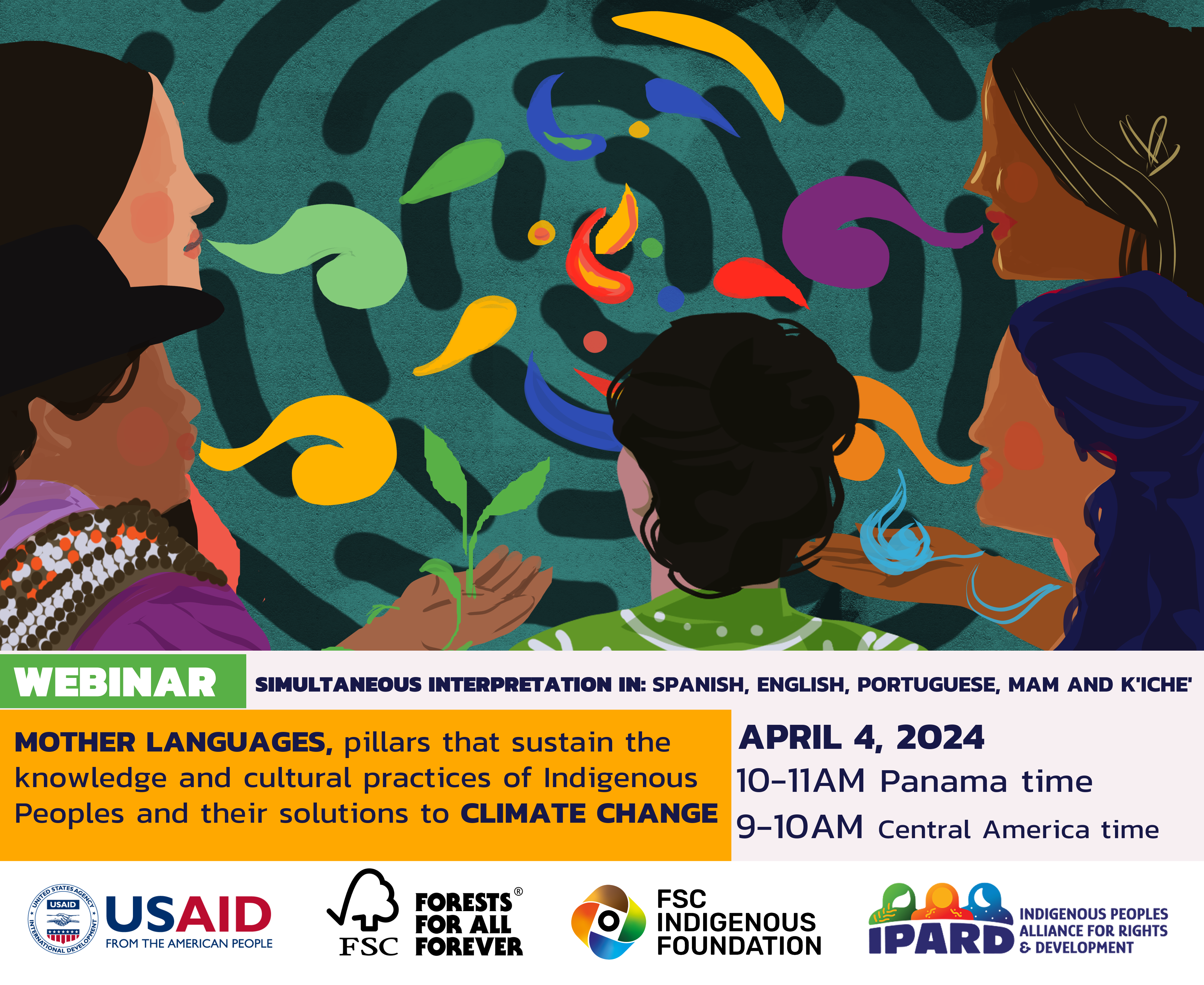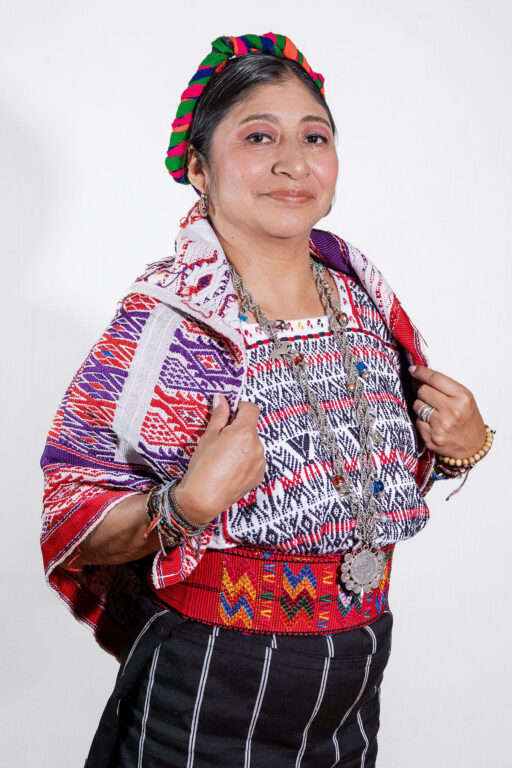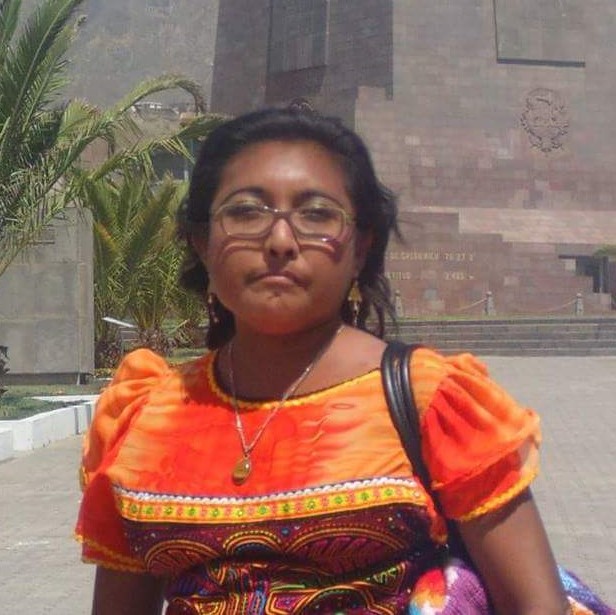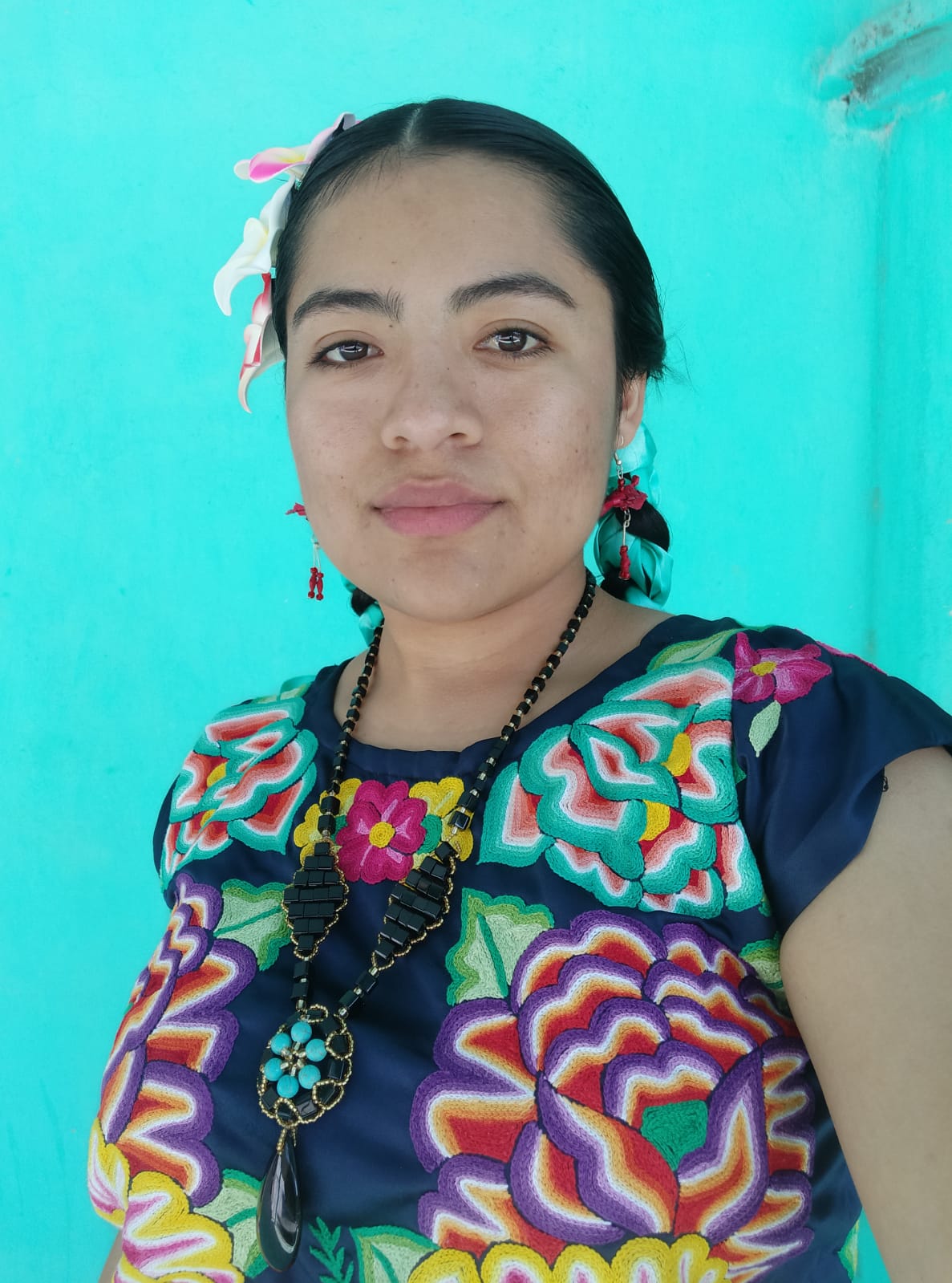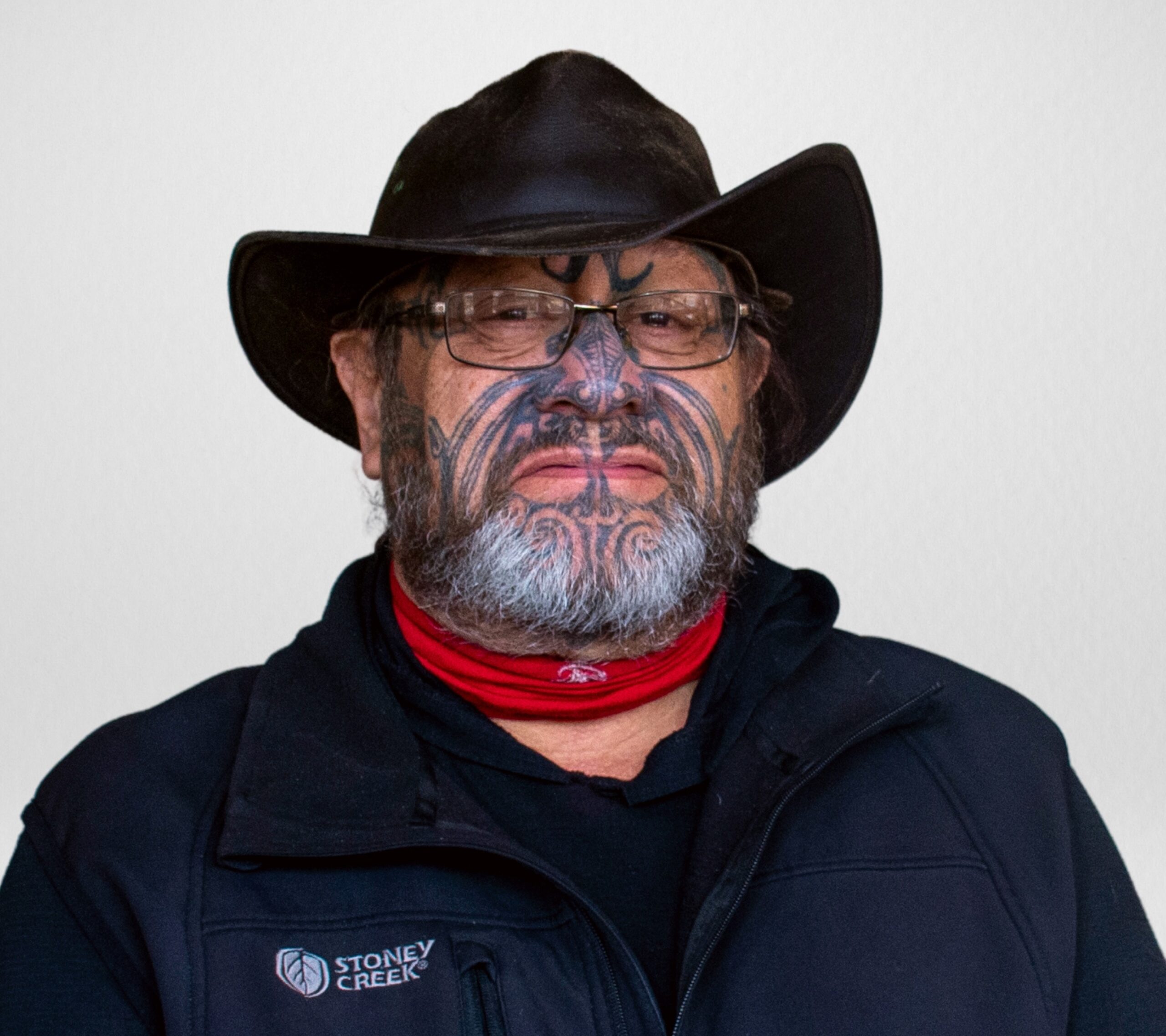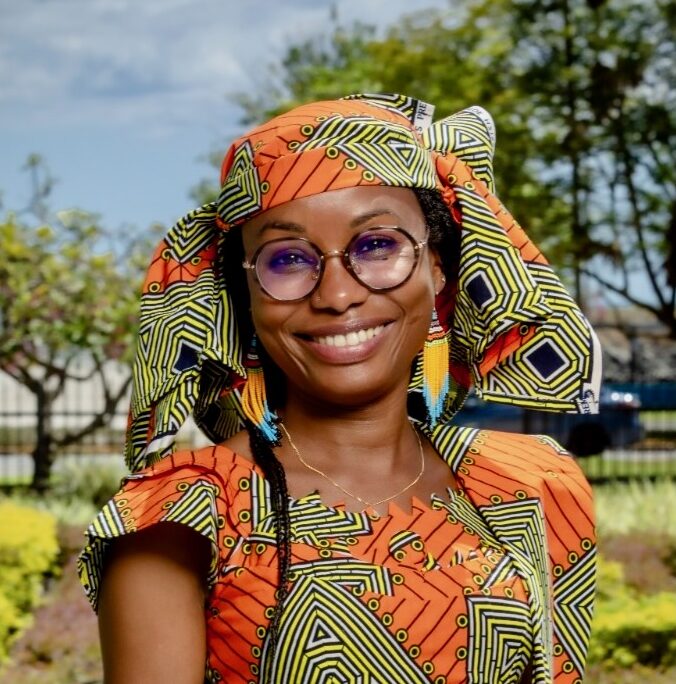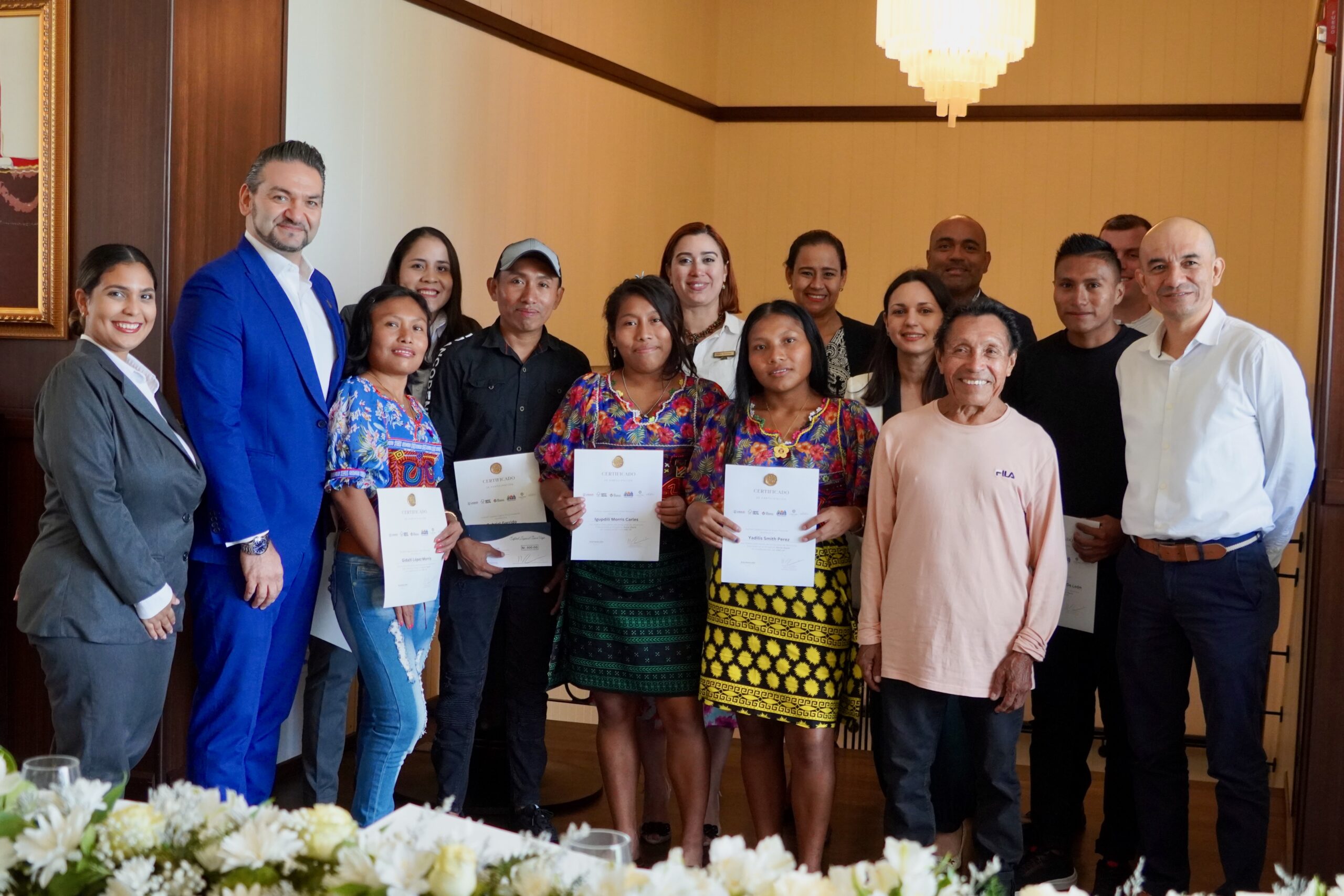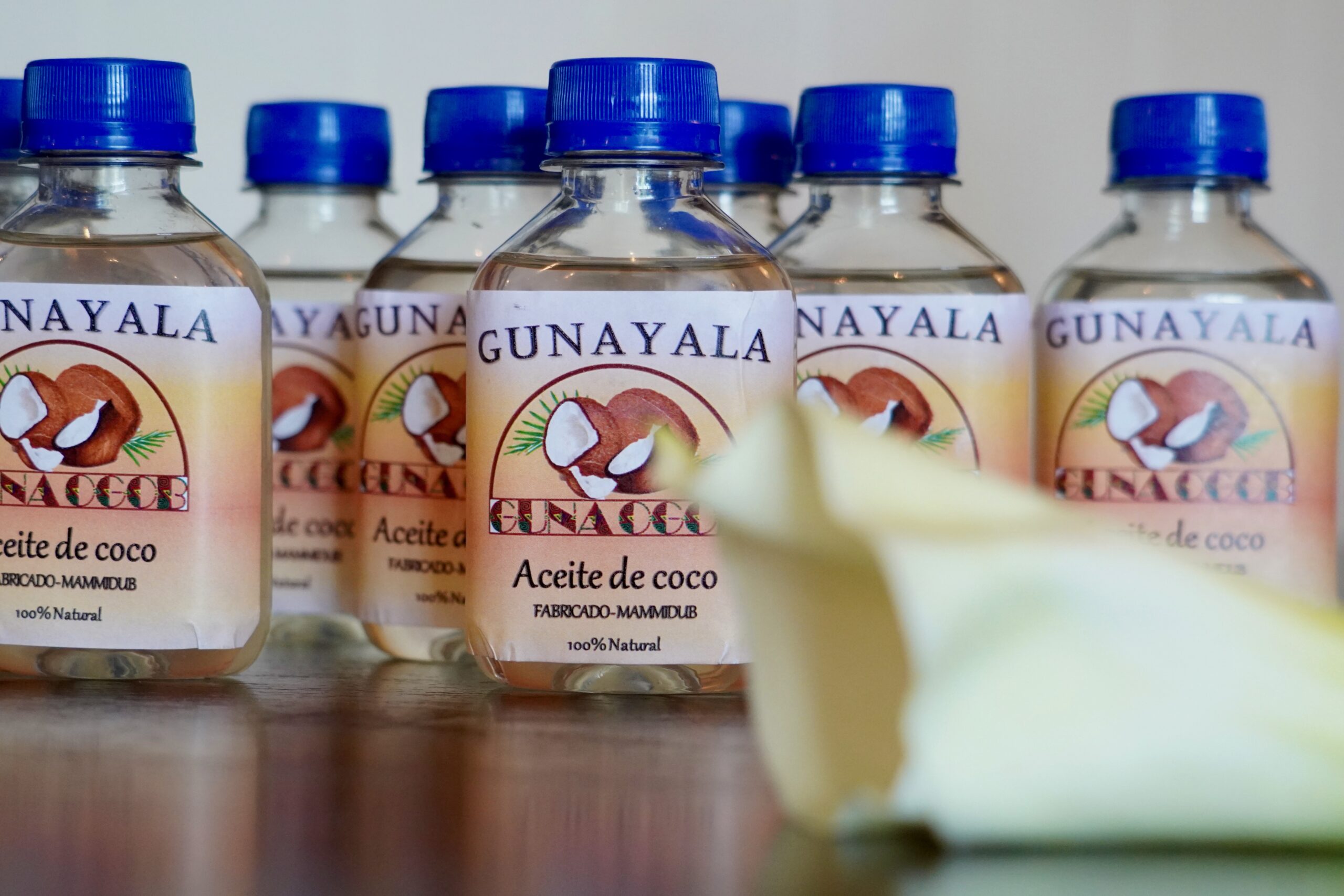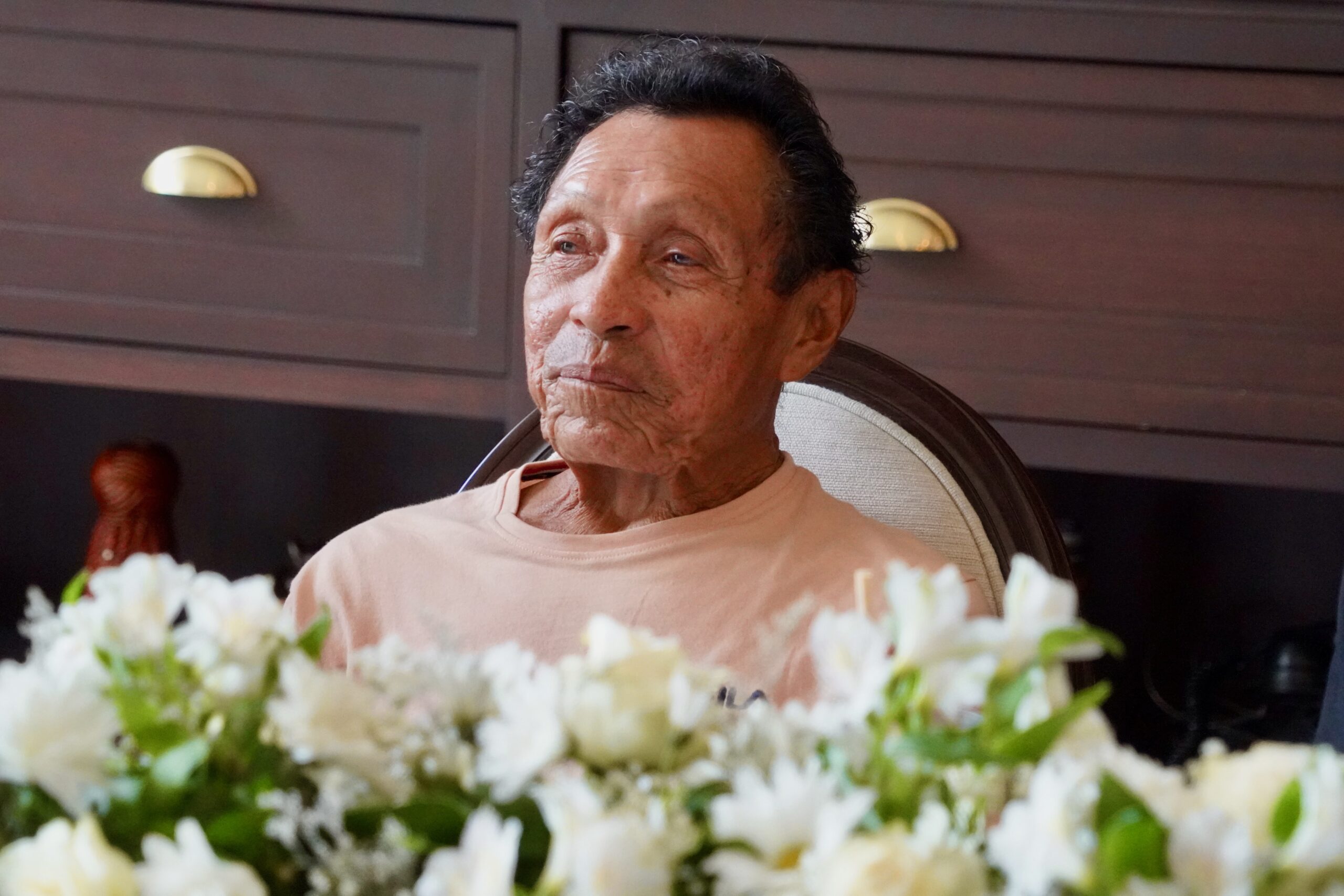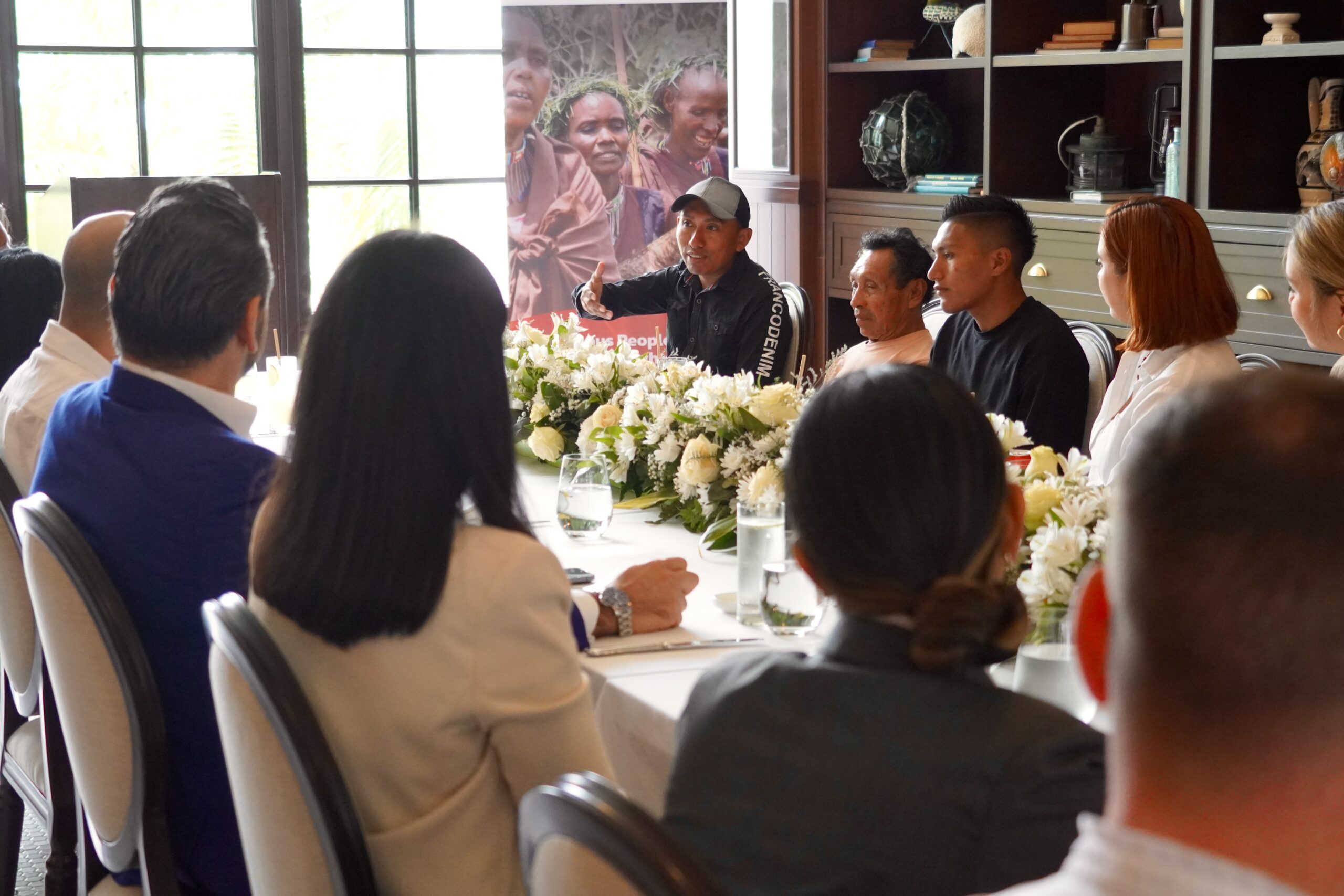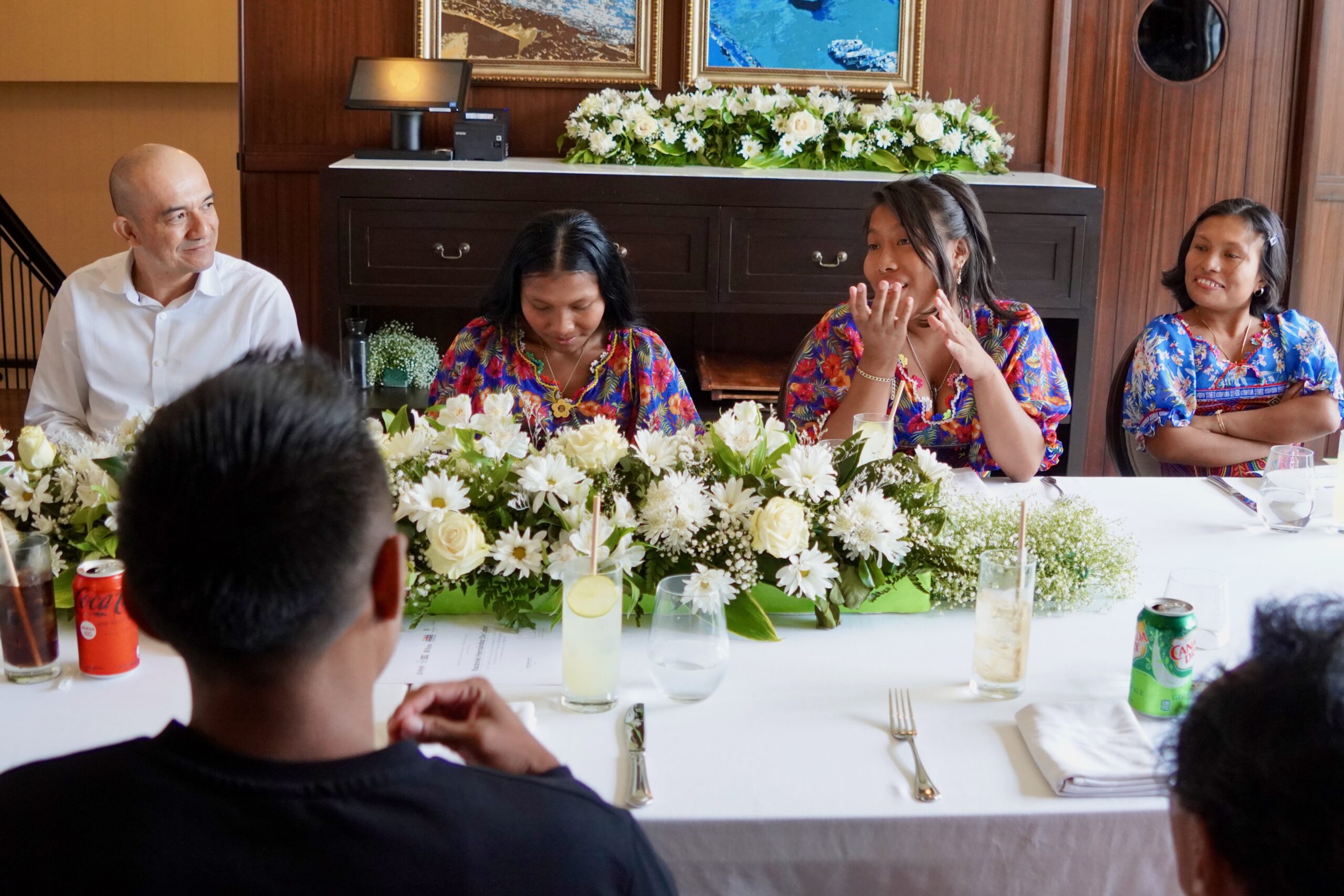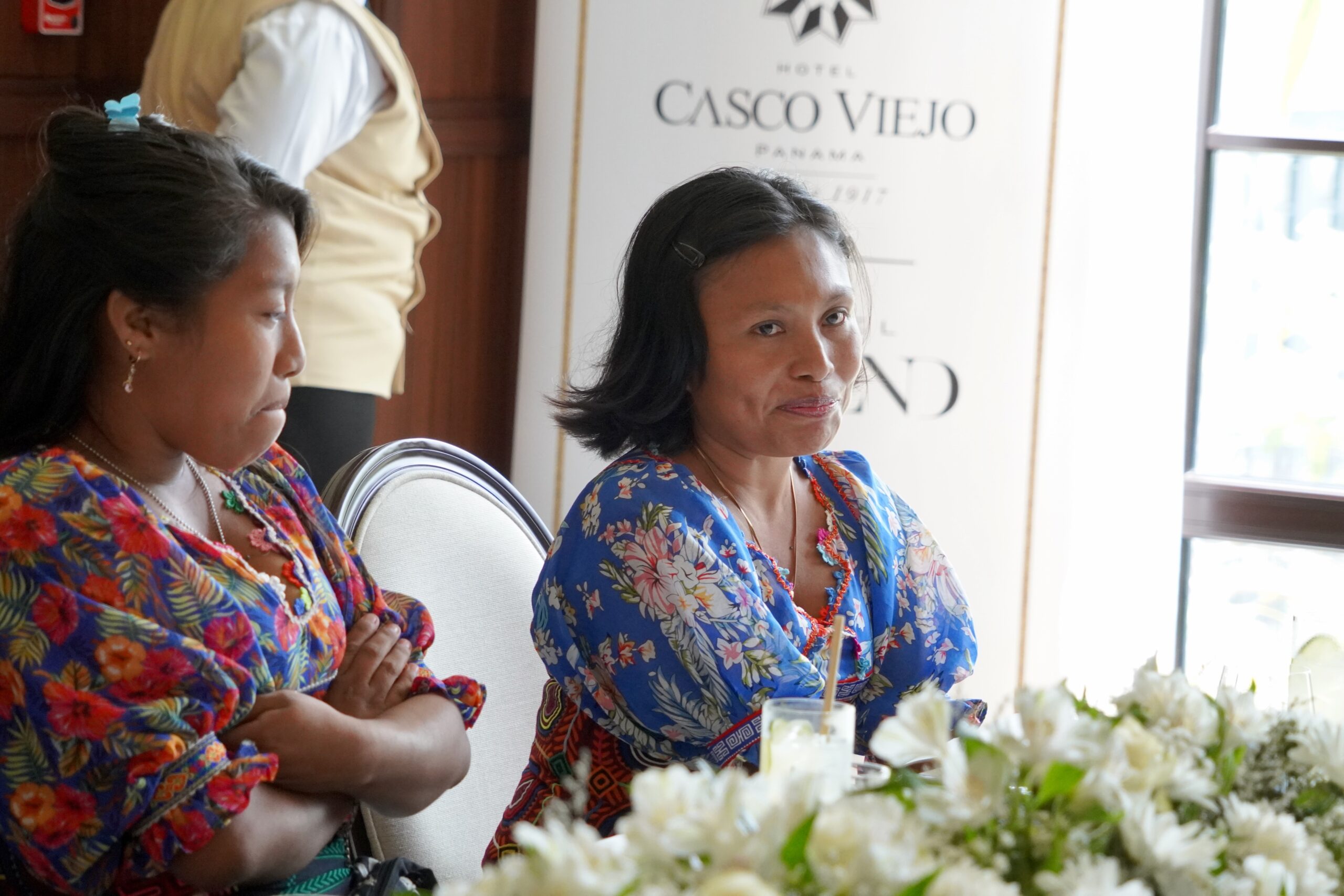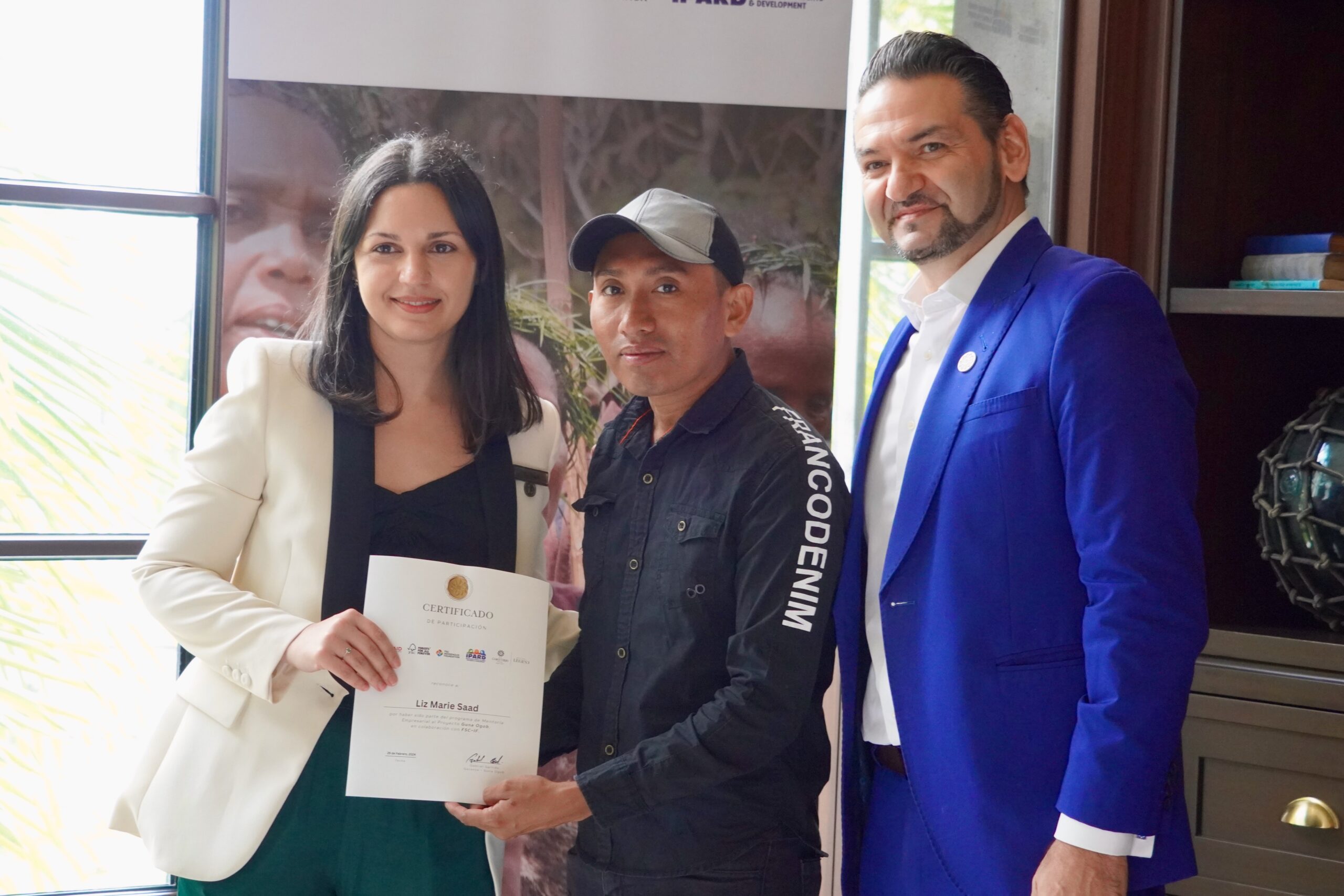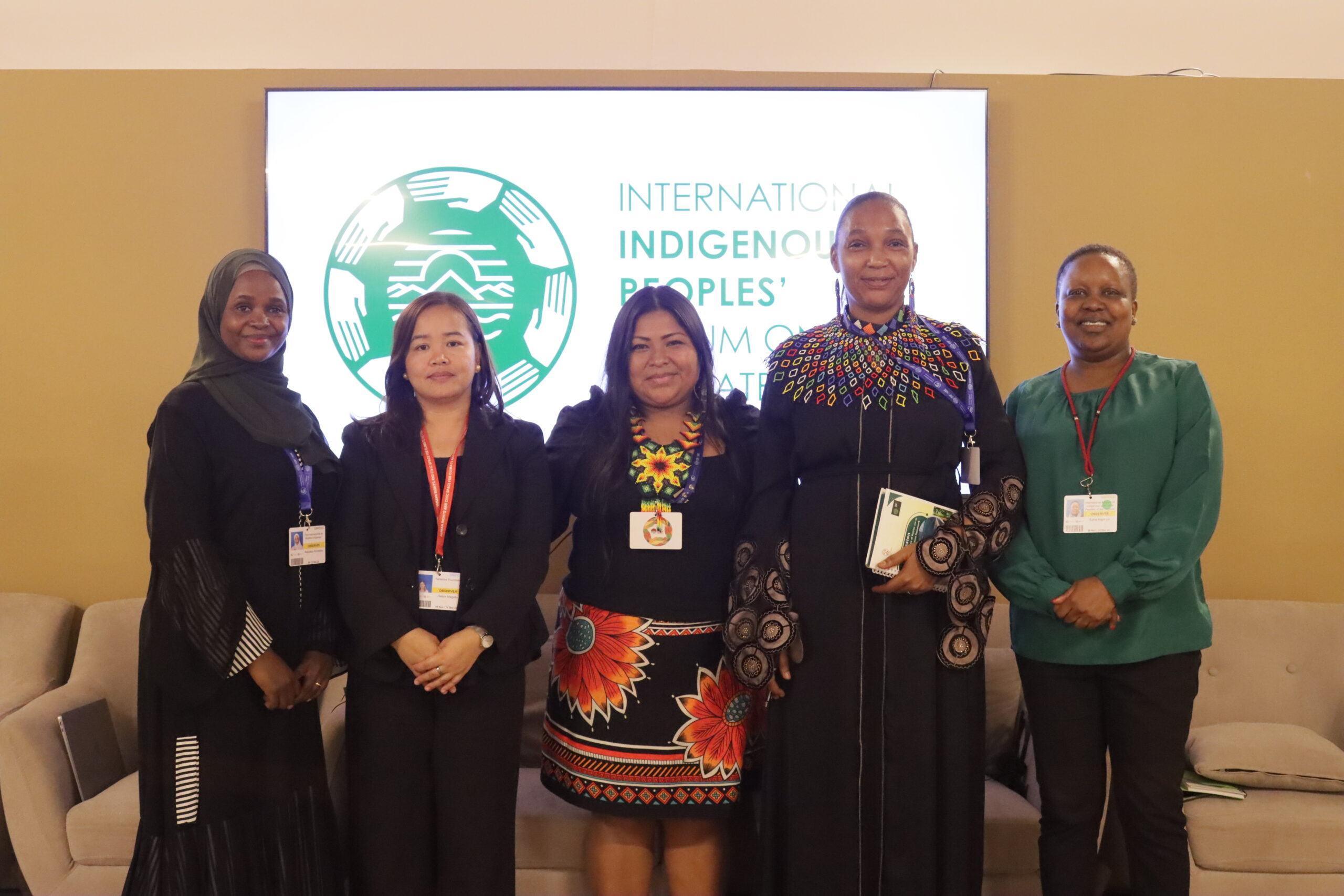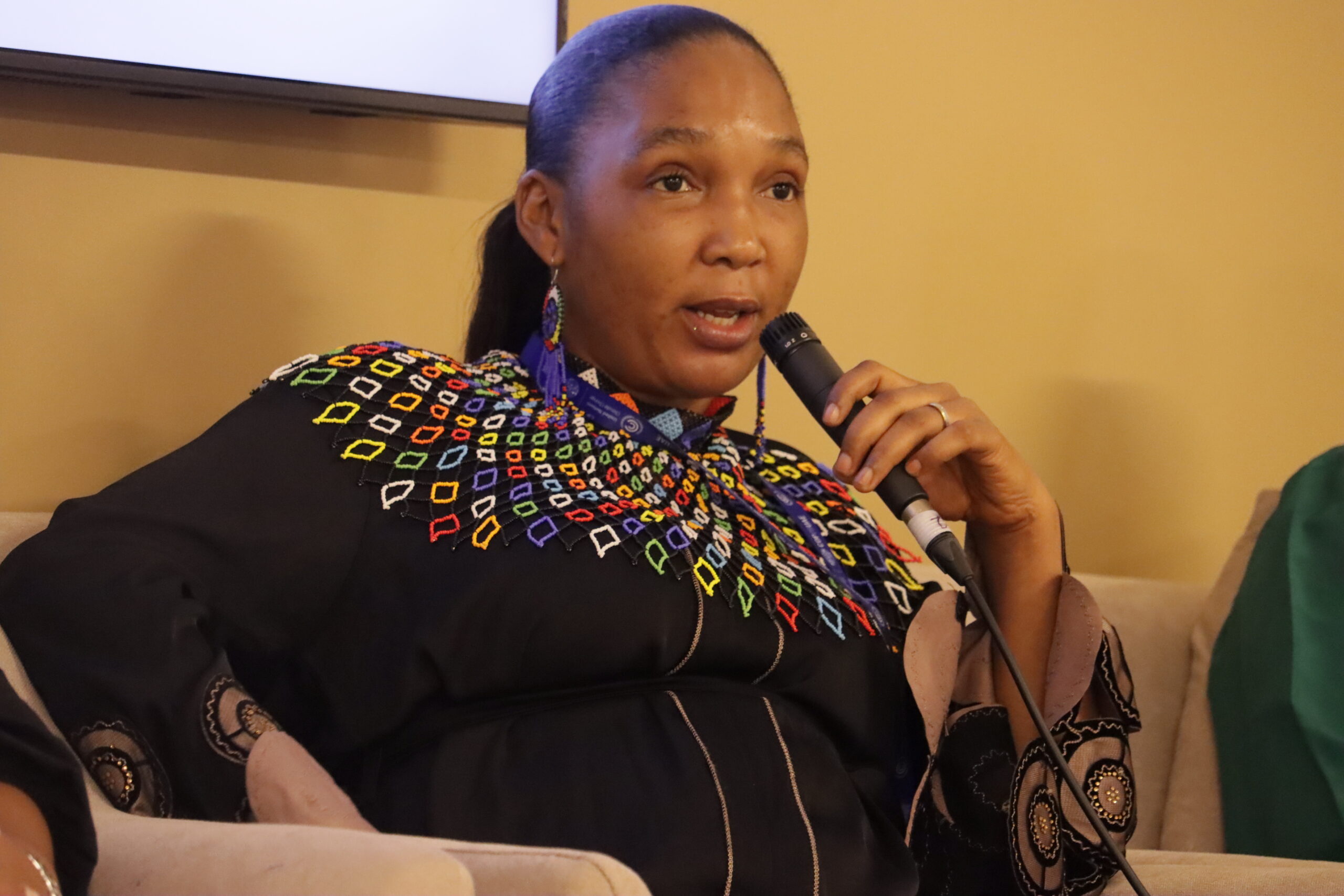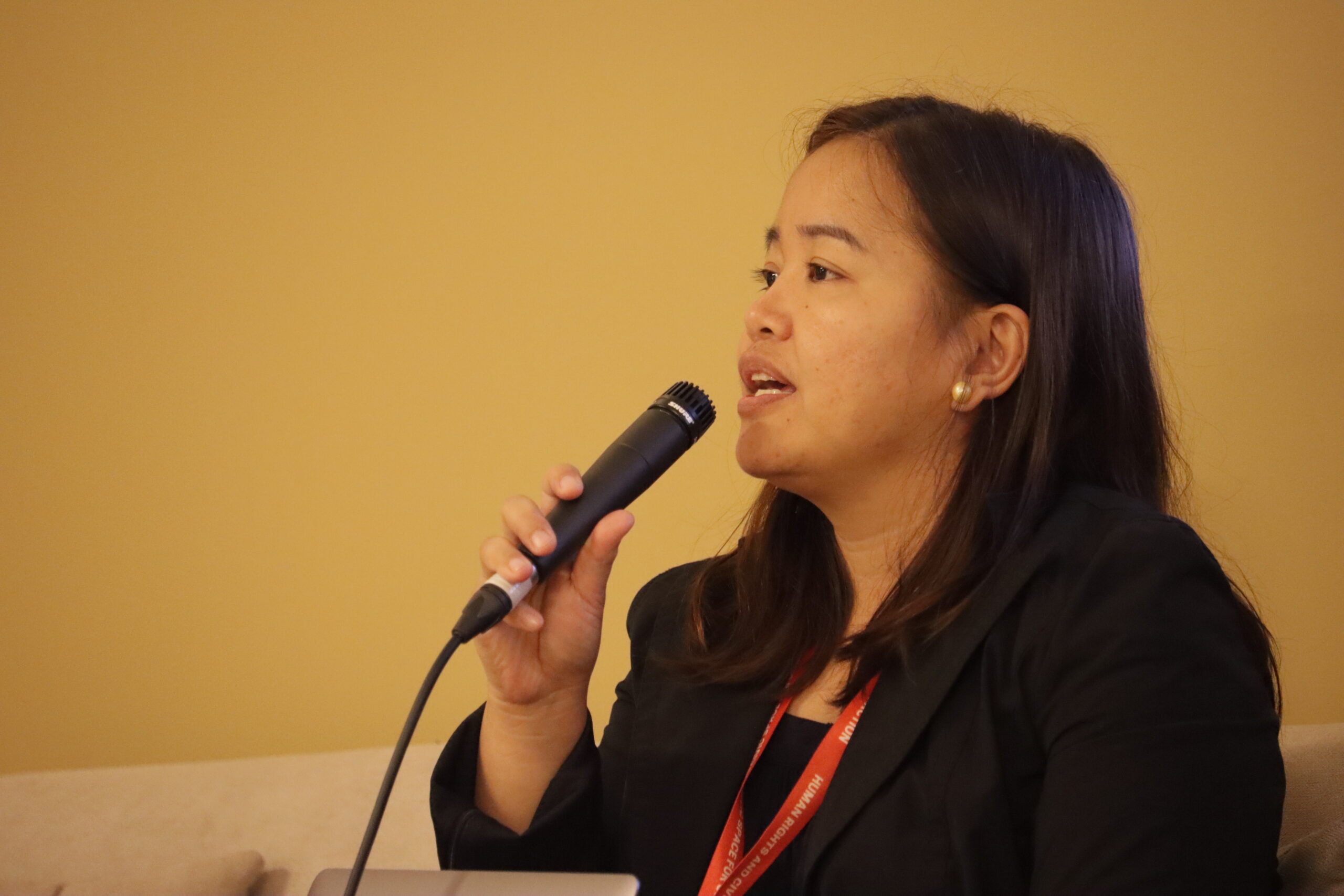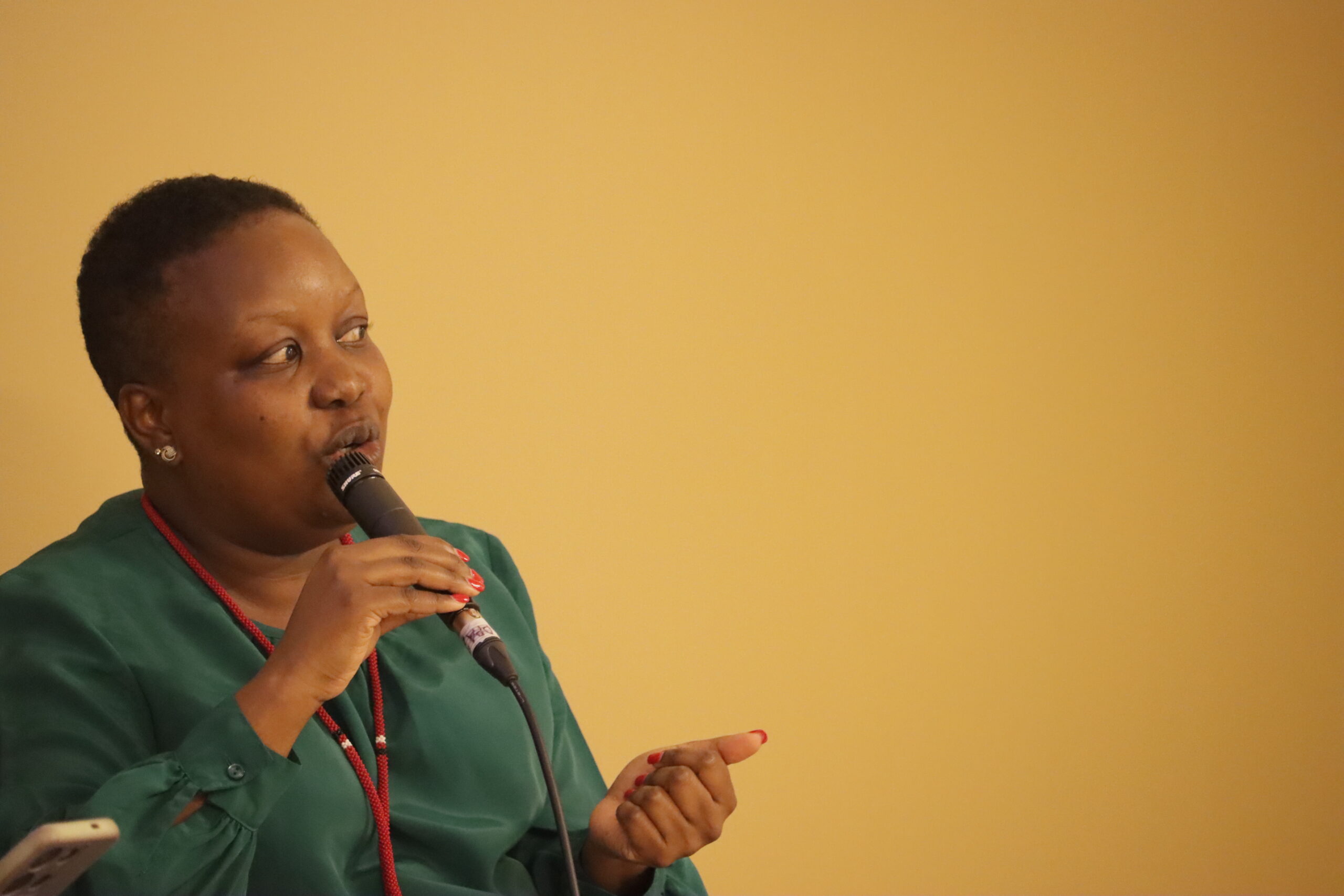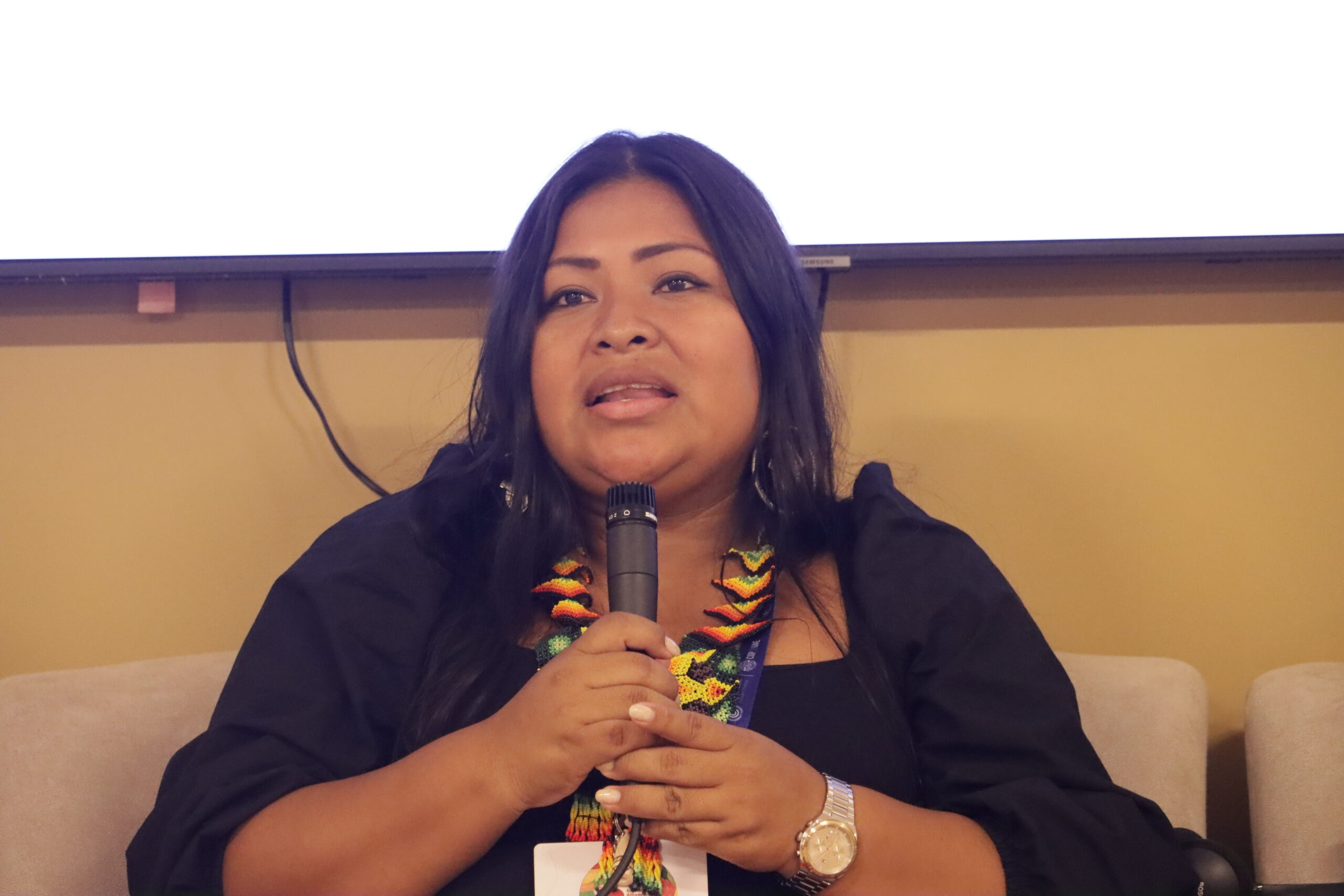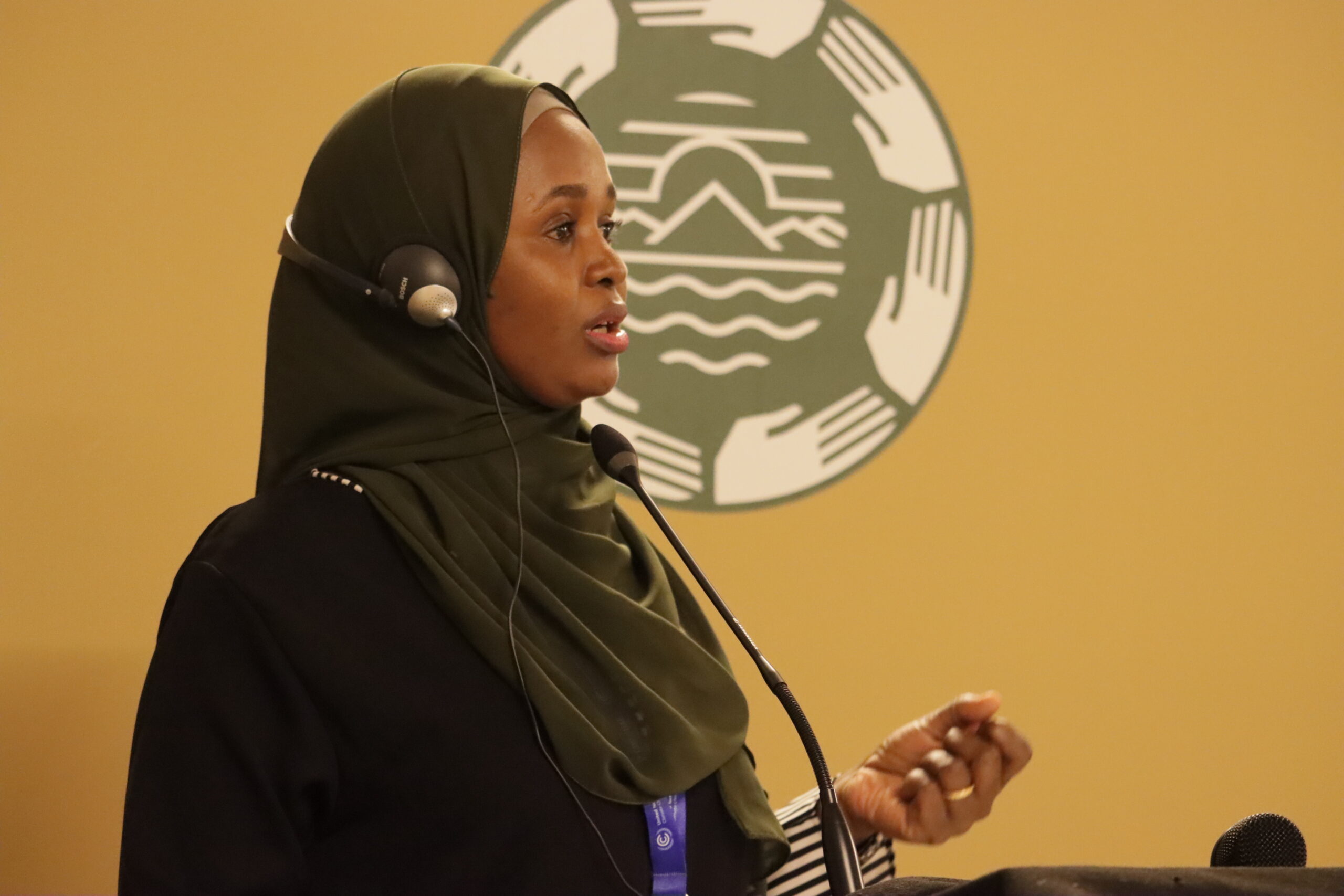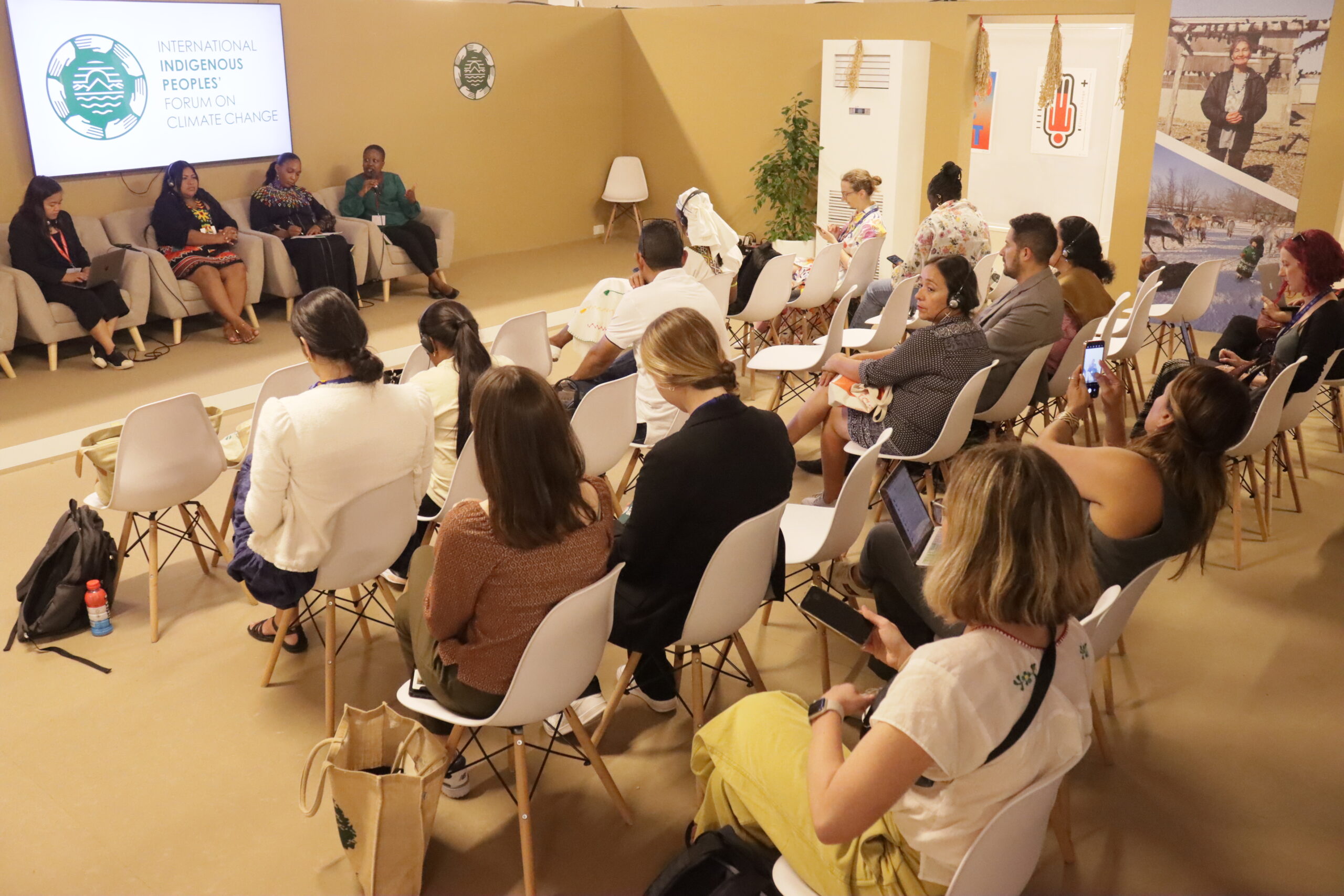FSC-IF celebrates the launch of the Ogiek Peoples’ Cultural Center
Center represents resilience, recognition, and preservation of Indigenous cultural heritage.
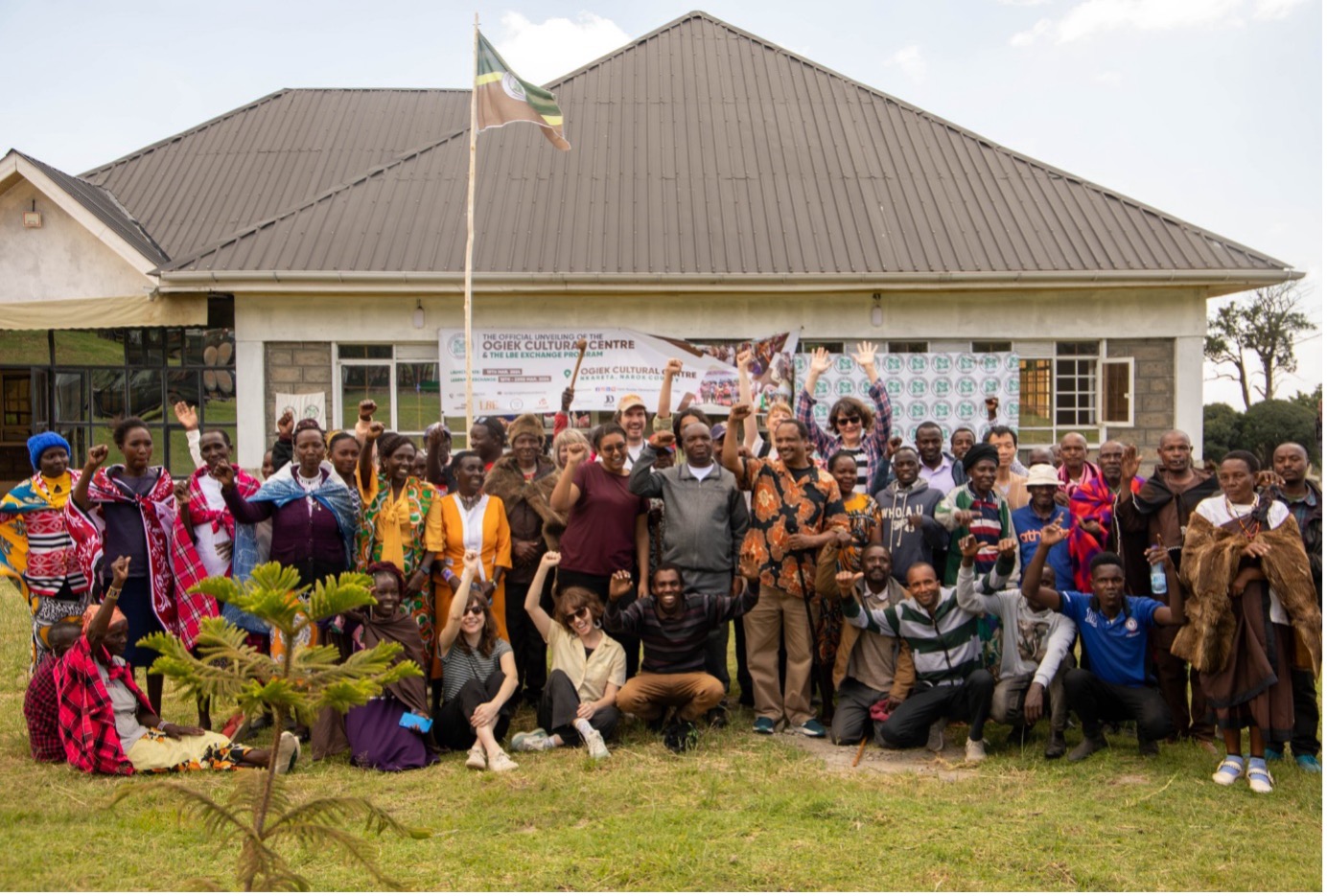
The official launch of the Ogiek Cultural Center on March 19, 2024, marked a significant milestone in the preservation and celebration of the Ogiek people’s rich culture and heritage. Organized by the Ogiek Peoples’ Development Program (OPDP) in partnership with Land Body Ecologies, Wellcome Trust, and other partners, this event was held at Nkareta ward, Narok County, Kenya, drawing attention to the deep-rooted culture, history, and traditions of the Ogiek community. The FSC Indigenous Foundation was invited as a partner.
The Center, which also houses the Ogiek Museum, is now positioned to serve as a pivotal educational resource and a beacon for biodiversity conservation.
The inauguration week kicked off with an enriching learning exchange among partner learning hubs from across the globe, including Uganda, Thailand, India, the Arctic, and London, all of which are part of the Land Body Ecology (LBE) Project. This interaction paved the way for an immersive tour of the Ogiek Cultural Center, featuring the Ogiek Museum, the Ogiek herbarium — a repository of traditional herbs — and the Ogiek village, which offers a window into the community’s traditional lifestyle within an authentic Ogiek forest setting. The highlight of the day was a guided tour through the Mau Forest, allowing visitors to connect firsthand with the ancestral lands of the Ogiek people.
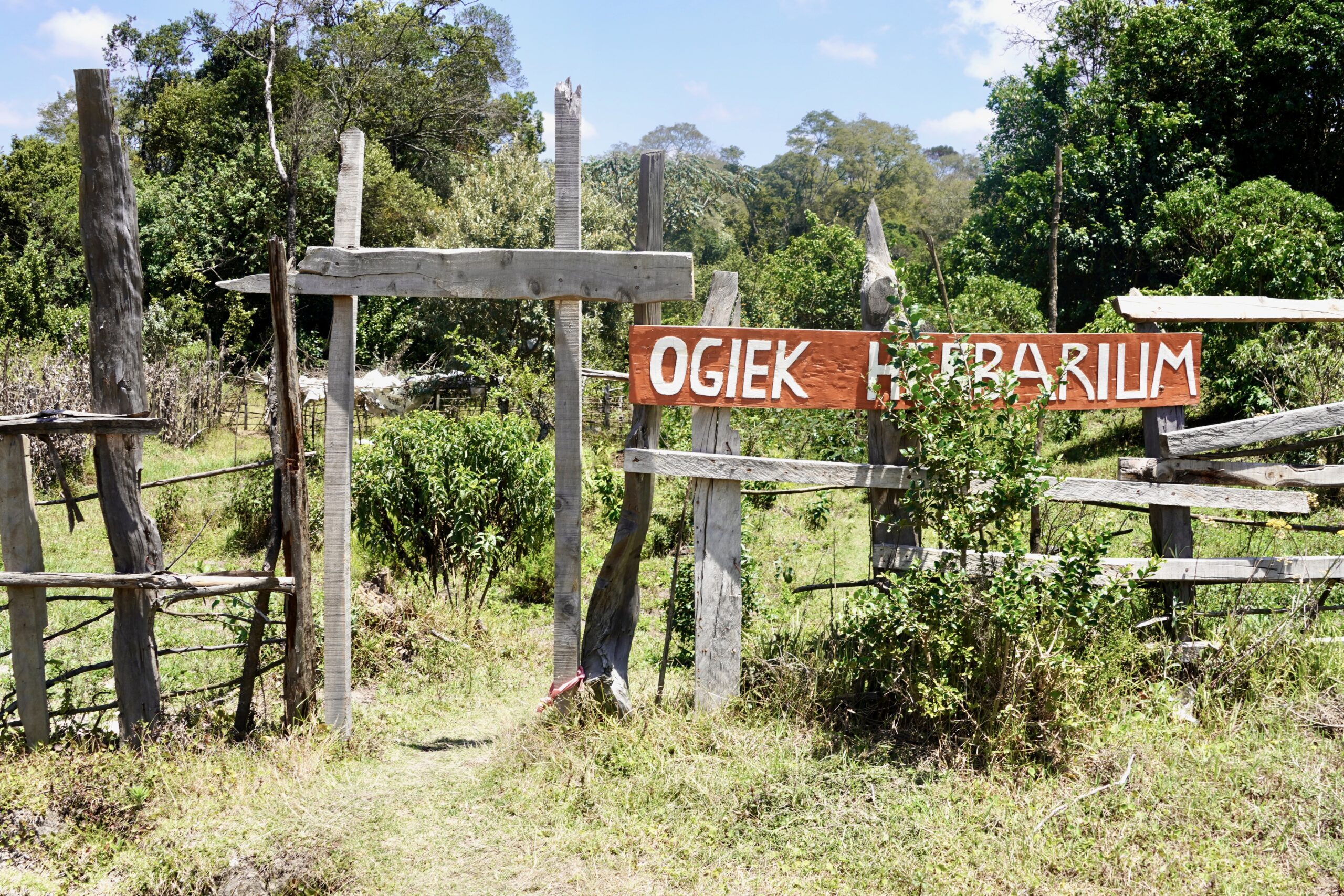
The event was graced by community members from various regions, government officials, partners, donors, and other stakeholders. The chairperson of OPDP’s Board warmly welcomed attendees, emphasizing the center’s role in fostering an understanding of the intrinsic relationship between land, body, and health, as well as preserving the Ogiek’s traditional knowledge and practices. He also underscored the community’s commitment to sustainable development.
Notable speakers, including Dr. Liz, strong Ally and Lawyer of the Ogiek community, voiced their determination to reclaim historical ownership of their lands and stressed the importance of community titles in protecting the forest. The day was charged with a spirit of resilience, with speakers from the Ogiek and other Indigenous communities such as the Sengwer and Endorois, sharing their experiences and the challenges they face, notably the loss of their territories and the need for more trees. The solidarity among Indigenous Peoples was noticeable and appreciated, with the Ogiek being applauded for their role in leading the way for Indigenous rights from national, regional, and international levels.
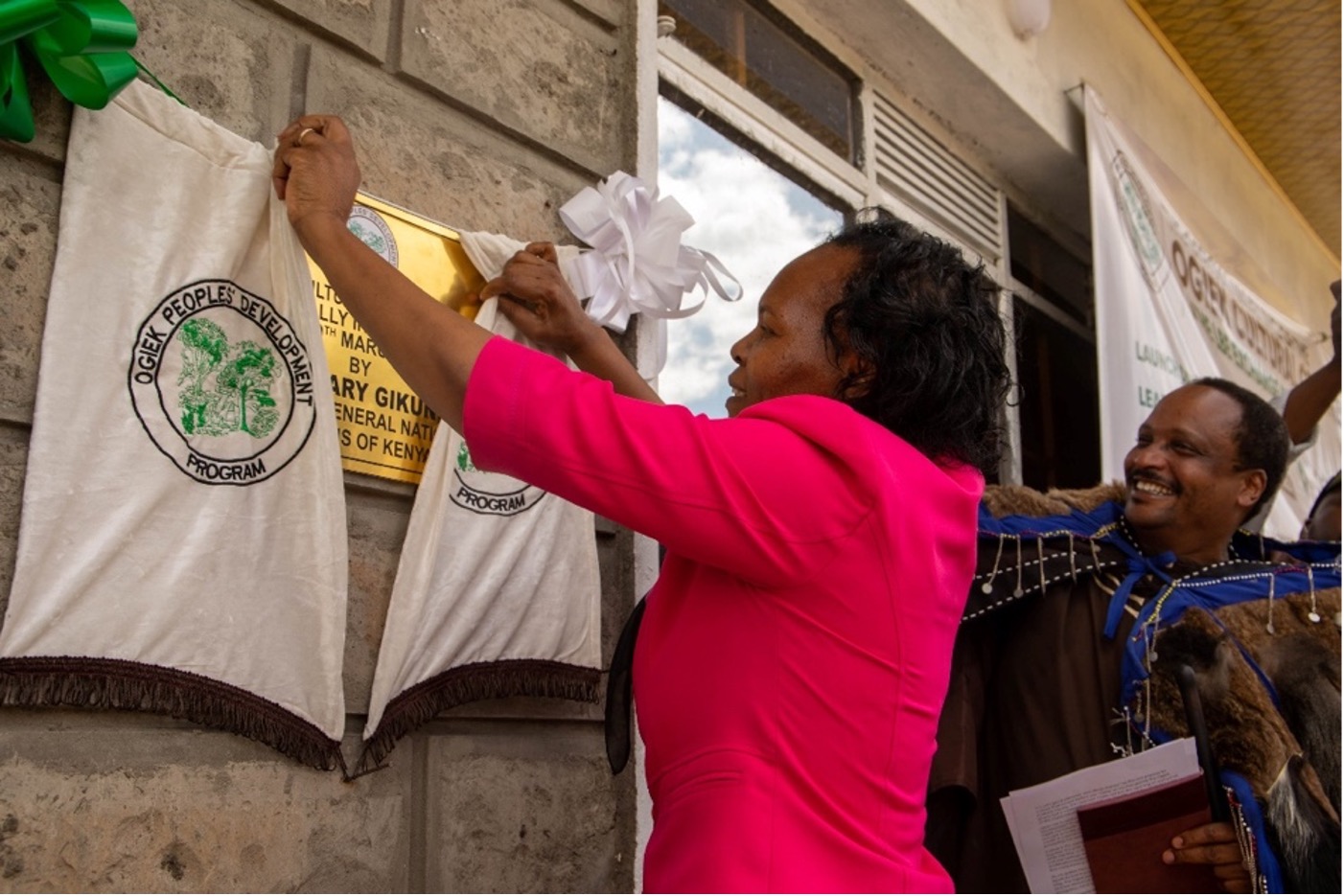
The Chief Guest Prof. Mary Gikungu Director General, National Museums of Kenya emphasizing the importance of documenting natural and cultural heritage, celebrated the centre as a testament to the Ogiek community’s resilience and dedication to preserving their culture. The message was clear: “culture is not only a link to the past but a bridge to the future, connecting us to our roots through unique songs, stories, and traditions that capture the essence of the Ogiek people.”
The center was ushered in as a crucial facility for understanding and promoting the Ogiek culture, language, and traditional practices. The commitment to continue protecting their forests and the ongoing training in the Ogiek language during holidays were highlighted as key components of their continued legacy.
Promoting Socio-Economic Empowerment among Ogiek Women
This event also underscores the strengthening partnership between the FSC Indigenous Foundation and the Ogiek Peoples’ Development Program (OPDP). Our collaboration on the “Promoting Socio-Economic Empowerment among Ogiek Women of Mau, Kenya” project, implemented through the Indigenous Peoples Alliance for Rights and Development (IPARD) Program, represents a shared commitment to empowering Indigenous communities while fostering sustainable economic models. IPARD is funded by the USAID, the Forest Stewardship Council, and private sector partners.
FSC-IF’s presence at the launch amplifies our joint commitment to cultural preservation and the empowerment of Indigenous Peoples on an international stage. Secondly, the center serves as a physical space where the objectives of our partnership — such as socio-economic empowerment, particularly of women, and the promotion of sustainable livelihoods — can be visualized and realized. Lastly, it strengthens the bond between FSC-IF and OPDP, enhancing our collaborative efforts towards achieving greater recognition and effective participation of Indigenous Peoples in decision-making processes in Kenya and beyond.
Watch a video for more information on the launch: https://youtu.be/0BafEJHviGk

